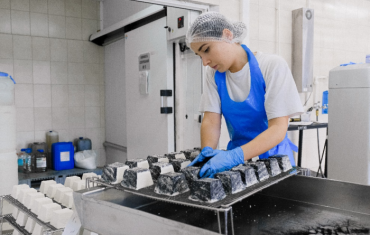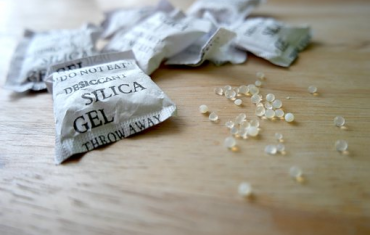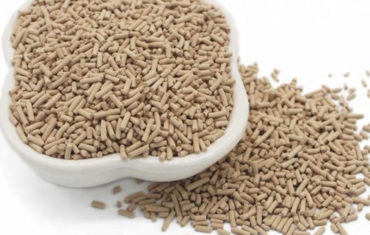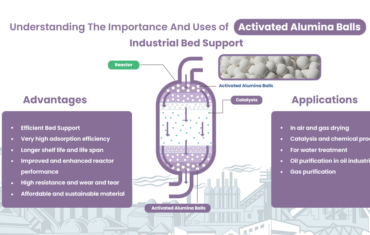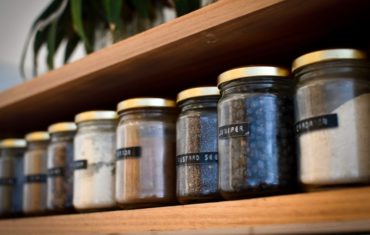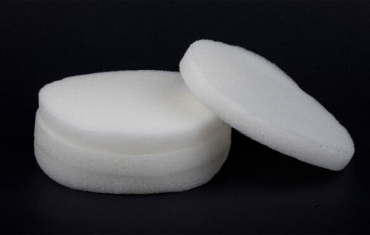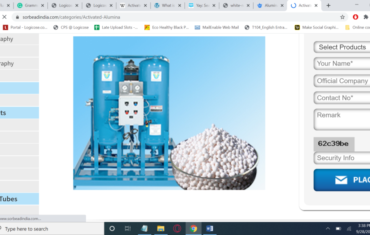Common Uses of Molecular Sieves
Molecular sieves are adsorbent materials used for various industrial and consumer market applications. These materials offer highly selective absorbency, allowing them to remove unwanted molecules from gases or liquids.
This makes them ideal for use in distillation, dehydration, and purification processes. This blog post will look at some common uses of molecular sieves and the benefits they provide.
What are Molecular Sieves?
Molecular sieves are a type of microporous material that is commonly used in a variety of industrial and scientific applications.
Molecular sieves are made up of tiny pores that can selectively adsorb or absorb molecules based on their size. This makes molecular sieves ideal for separating and purifying gases and liquids. Molecular sieves are also commonly used as catalysts, drying agents, and chromatography.
What are the Common Uses of Molecular Sieves?
Molecular sieves are commonly used to remove water and other molecules from gas streams. They can also purify solvents, remove impurities from liquids, and separate mixtures of compounds.
Molecular sieves can remove water from gases or liquids because they have a high affinity for water molecules.
This property makes them useful for various applications, such as removing water from the air before it is compressed, removing moisture from solvents, and purifying gas streams.
Molecular sieves can also be used to separate mixtures of compounds, such as separating ethanol and water. Finally, molecular sieves can store compounds, such as oxygen, in scuba tanks.
Here are some of the most popular uses of Molecular sieves.
Drying Solvents
Different solvents have different boiling points, which means they can be removed from a solution by evaporating at different rates.
Molecular sieves are commonly used to dry solvents because they can selectively remove water and other molecules with low boiling points while leaving the solvent behind. This process is called “adsorption.”
Harmful Waste Treatment
Molecular sieves are commonly used in the treatment of harmful waste. They are used to remove impurities from wastewater and sewage and reduce hazardous substances in industrial effluent.
Molecular sieves can also remove heavy metals from contaminated soil and adsorb organic contaminants from air streams.
Water Absorption
Molecular sieves are commonly used to absorb water from gas streams. When used for this purpose, molecular sieves are typically placed downstream of a compressor to prevent the compressor from being damaged by moisture. Molecular sieves can also be used to remove water from liquids.
Our Final Thoughts
Molecular sieves are a versatile and powerful tool to have in any laboratory. They can be used for anything from drying gases to removing impurities, making them an invaluable asset for many industries.
With their wide range of uses, it’s no surprise that molecular sieves are becoming increasingly popular in research and industrial settings. If you are looking to order molecular sieves, Sorbead India has got you covered.


